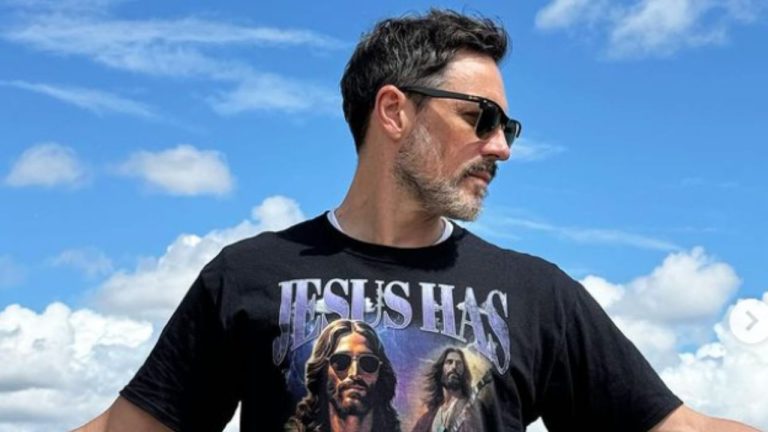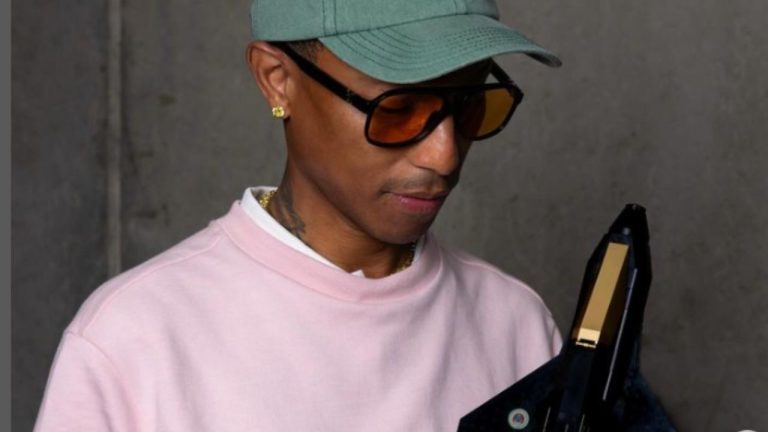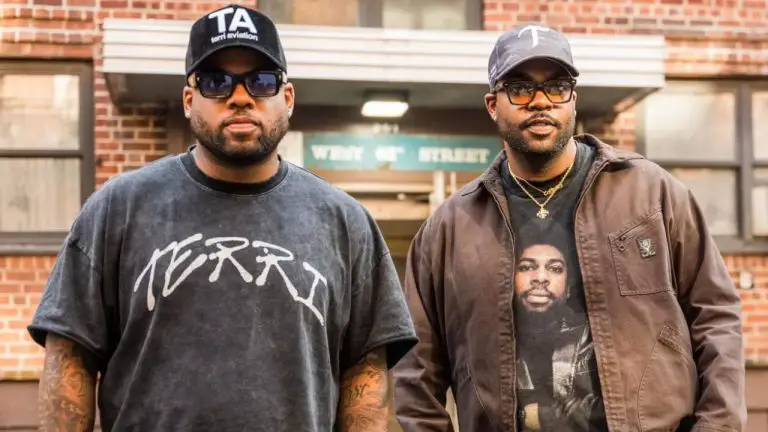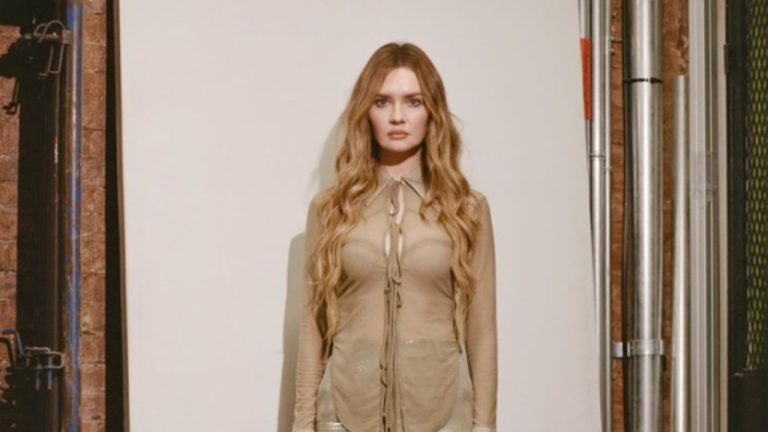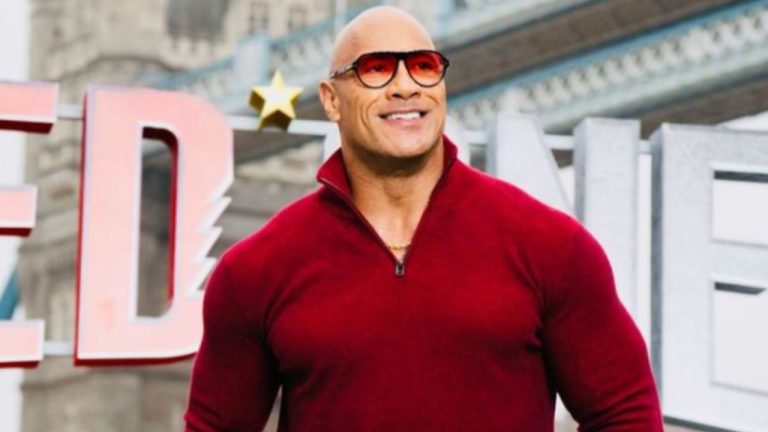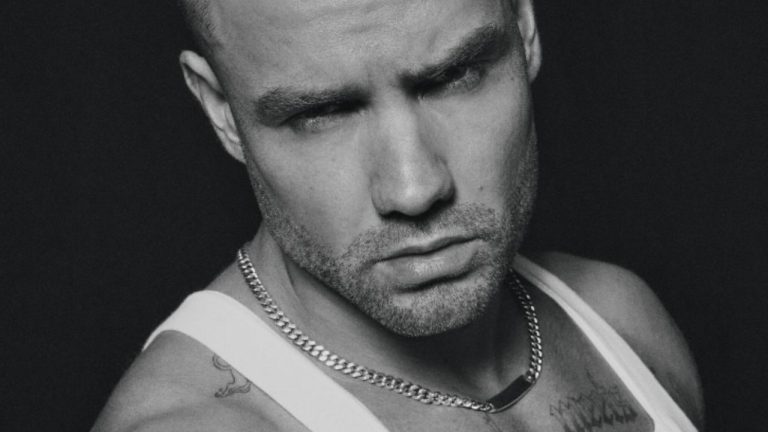Shira Haas as Ruth Bat-Seraph: Cultural Shift or Controversy

Captain America: Brave New World Sparks Heated Controversy Over Israeli Character
The highly anticipated Captain America: Brave New World is facing a storm of controversy even before its release. The Marvel Studios film, starring Anthony Mackie as the new Captain America and Harrison Ford as U.S. President Thaddeus Ross, has captivated fans with its first trailer. However, the inclusion of Israeli actress Shira Haas as Ruth Bat-Seraph has ignited debates and boycotts, stemming from the character’s complex backstory in the comics and its revision for the Marvel Cinematic Universe (MCU).
Who Is Ruth Bat-Seraph?
Shira Haas, known for her Emmy-nominated role in Unorthodox, plays Ruth Bat-Seraph in the upcoming film. The character, originally known as Sabra in Marvel comics, was introduced in The Incredible Hulk in 1980 as the first Israeli superheroine. In the comics, Sabra was a Mossad agent, wearing a blue and white costume adorned with a Star of David and often battling stereotyped Arabic terrorists.
In the MCU adaptation, Marvel has shifted Ruth’s backstory significantly. No longer a Mossad agent, she is now portrayed as a high-ranking U.S. government official. The studio announced these changes in 2022, aiming to modernize the character and avoid perpetuating outdated or divisive tropes.
Why the Backlash?
The backlash surrounding Ruth Bat-Seraph comes from multiple angles:
- Pro-Israel Criticism: Some fans and commentators who support Israel are unhappy with the decision to strip the character of her Mossad affiliation. They view the change as an unnecessary erasure of her cultural roots and a bow to political pressure.
- Anti-Israel Criticism: Others, particularly those critical of Israeli policies, have targeted the character’s Israeli origins. They argue that featuring an Israeli character in any capacity supports Israel’s actions against Palestinians. This sentiment has fueled boycott calls, with some activists claiming Marvel is endorsing “oppression” by reviving the character.
- Historical Misinformation: Adding to the controversy, online discussions have been rife with misinformation. Some claim Marvel deliberately named the character after the Sabra and Shatila massacre of 1982, even though the character predates the tragedy by two years.
Marvel’s Response
Marvel Studios addressed the controversy during the character’s initial announcement at the D23 Expo in 2022. The studio emphasized its commitment to reimagining characters for modern audiences.
“While our characters and stories are inspired by the comics, they are always freshly imagined for the screen and today’s audience,” Marvel stated. “The filmmakers are taking a new approach with the character Sabra, who was first introduced over 40 years ago.”
This isn’t the first time Marvel has updated a character to align with contemporary values. For example, Benedict Wong’s portrayal of Wong in Doctor Strange redefined a character originally steeped in outdated stereotypes.
A Decades-Old Debate Reignited
Sabra’s comic origins have long been a topic of contention. While she represented a rare moment of representation for Israeli characters, critics argued that the portrayal relied on reductive tropes, such as Arabic villains. Additionally, the character’s name carries layered meanings: it refers to native-born Israelis and a cactus with a prickly exterior and sweet interior, but it’s also associated with the 1982 Lebanon massacre, further complicating her legacy.
In Captain America: Brave New World, Marvel avoids using the name “Sabra” altogether, signaling a desire to distance the character from these associations. Yet, in 2024’s polarized political climate, the presence of any Israeli hero in a blockbuster film inevitably invites scrutiny.
Social Media Reacts
The trailer’s release has fueled intense discussions online, with fans, critics, and activists sharing their takes.
One user tweeted, “Marvel can’t win here. Change the character, and it’s erasure. Keep her the same, and it’s insensitive. No one is happy.” Another commented, “Revamping Sabra doesn’t erase the harm her comic origins caused. Marvel needs to do better.”
Supporters of Shira Haas and the film have also spoken out. “Shira Haas is an incredible actress, and I trust Marvel to handle this character with care,” a fan wrote. Others have pointed out that comic adaptations often reimagine characters to reflect modern sensibilities, citing the MCU’s success in redefining previously problematic figures.
Can the Film Overcome the Controversy?
Captain America: Brave New World faces the challenge of balancing storytelling with the expectations of a diverse, global audience. The controversy highlights the tightrope Marvel walks as it adapts decades-old source material into culturally sensitive narratives for today’s viewers.
Whether the changes to Ruth Bat-Seraph will satisfy critics or deepen divides remains to be seen. As Marvel continues its quest to redefine the MCU, the studio’s handling of complex characters like Ruth may set the tone for future adaptations.
Follow us on Instagram and X (Formerly Twitter)
For the latest posts visit The Celebrity Gossips

